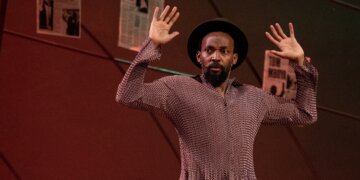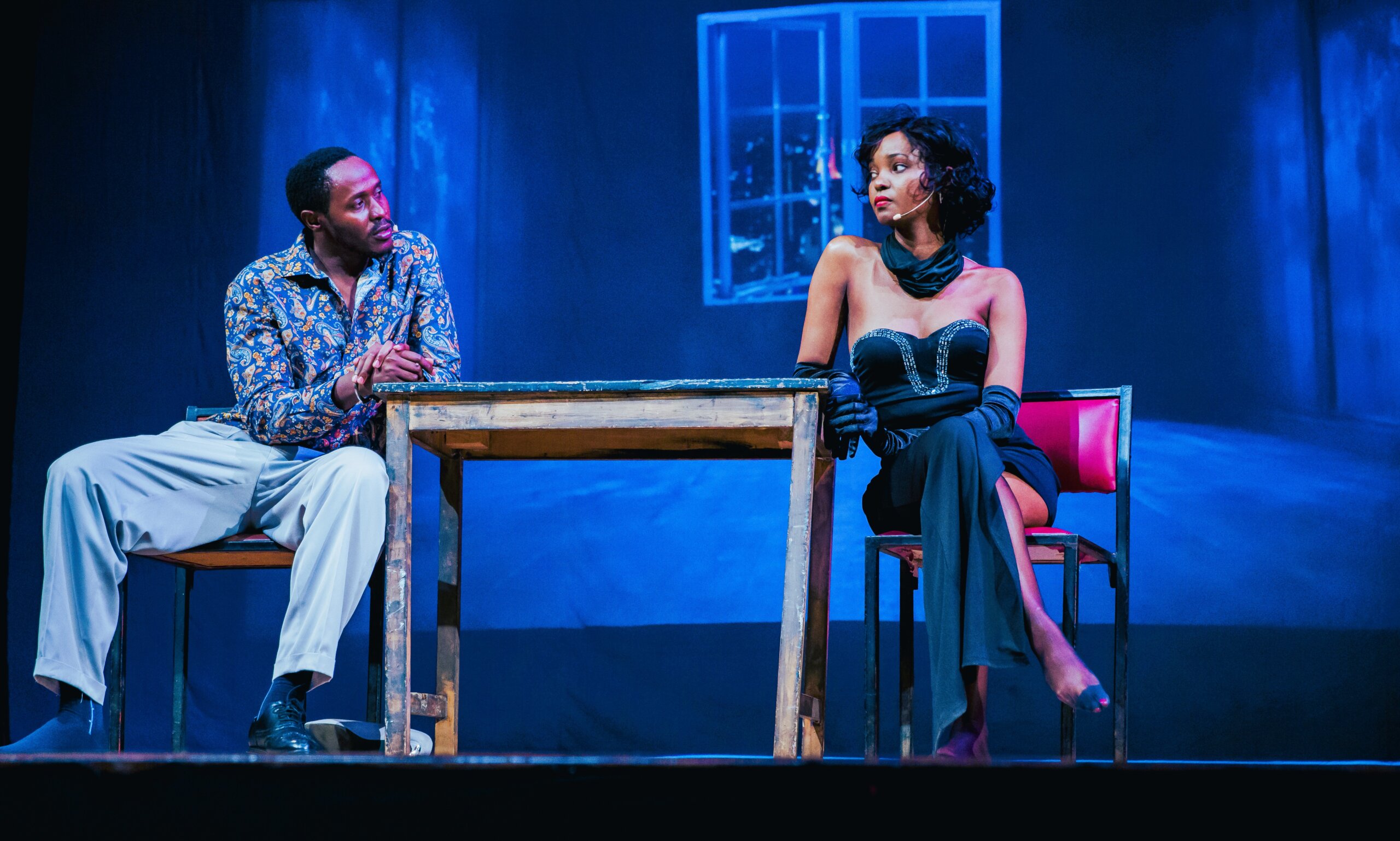When Jean-Baptiste Poquelin changed his name to Molière and abandoned his privileged, high-born status for a wretched life on the stage, I reckon he never imagined he would die on the same stage, acting in a play of his creation, ironically named Le Malade Imaginaire. When he sat at his desk in a cold 16th-century Parisian apartment, chain-smoking like a true Frenchman, as he emptied ink bottles on pages that would become the play, he could never have foreseen four centuries later, African crowds would throng theatre halls for three successive days to watch a Kenyanised version of his play.
And yet, in late October, Le Malade Imaginaire’s Kenyan spawn, Mgonjwa Mwitu, was the talk of the town among the hundreds of Nairobians who packed Alliance Francaise’s Wangari Maathai Auditorium to watch the 400-year-old French classic come to life.
Molière’s Le Malade Imaginaire (The Imaginary Invalid) is a three-act classic comedy from 1673 that combines satire, slapstick, and farce to explore themes of hypochondria, medical quackery, and family dynamics. The play centres around Argan, a wealthy hypochondriac who constantly fears for his health. Argan’s obsession with doctors and treatments leads him to arrange for his daughter, Angélique, to marry Thomas Diafoirus, a young, dim-witted doctor, so he can have a physician in the family and cut his medical costs. However, Angélique loves Cléante, a suitor who actually cares about her, creating a conflict between her desires and her father’s selfish plans.
Through a series of humorous misunderstandings and trickery — led by Toinette, the witty and clever maid — Argan eventually realises that his supposed illness is not life-threatening.
The Kenyan adaptation, brilliantly written by Gadwill Odhiambo, keeps most of Molière’s mise en scène, including the quick-witted repartee dialogue and humorous tone, but also makes several idiosyncratic twists and additions. The leading character, Argan, becomes Adani, an intentional play on the current political environment involving the controversial Adani group, and all the other names are Kenyanised too. But the Stuart Nash-led production goes beyond just Kenyanising the names and modernising the plot. They do something else that Molière, even with all his greatness, never had the audacity to do. The play boldly satirises the government in a way Molière, with his dependence on aristocratic patronage, could not have dared. Nothing escapes the long tentacles of Mgonjwa Mwiti satire, from the JKIA sale to Adani to the NHIF’s rebrand to SHIF to the salary tax cuts to the Gen Z protests, to the Deputy President’s ouster to the state of healthcare and education.
I attended the last performance on Sunday 27 October at 6 PM. Arriving at Alliance Francaise at 5:30 PM, I found the lobby bustling with Nairobians chatting animatedly or snapping selfies against walls adorned with tasteful paintings. Soon, we were ushered into the auditorium and then darkness.
A man’s voice breaks the stillness. He’s moaning, but not really from pain. It’s, wait, sexual pleasure? The stage lights come alive, and we’re presented with Bilal Wanjau’s imposing figure as Adani, sprawled on the couch groaning from one of his many imagined illnesses, and not from sexual pleasure as we had earlier been misled to believe. This onsets the use of sexual innuendos to augment the humour – the only dot to the rather sterling performances. These jokes are funny the first few times, peaking especially in this scene where a fake lawyer, in his attempt to convince Adani to sign off all his money and properties to his socialite wife Belinda (played by Terry Ngangi), cites a “clause 69 D” from the constitution, Ultimately, these jokes, like everything overused, fall into the death bed of trite.
Adani’s Wanjau, an acting legend in his own right, brings the much-needed gravitas to this play. However, it’s Wakio Mzenge who steals the spotlight. Her performance as the quick-witted house-help Toneta is nothing short of extraordinary. Her comedic timing is excellent, and she struts the stage like she was born on it. Additionally, her performance as the fake French doctor is easily one of the best acting in the play. In a role where most lesser stage actors would gravitate toward over-the-top, unemotive acting, Mzenge finds a way of containing her character’s big energy while still allowing her presence to permeate the entire theatre – a masterclass in restraint.
Mgonjwa Mwitu is, perhaps, the most successful adaptation to ever grace our theatres. It’s so Kenyan that anyone who is not aware of her French roots would not know it’s an adaptation. And what’s the Kenyan version of the Tony Award? Give it to Wakio Mzenge!
Enjoyed this article?
To receive the latest updates from Sinema Focus directly to your inbox, subscribe now.











